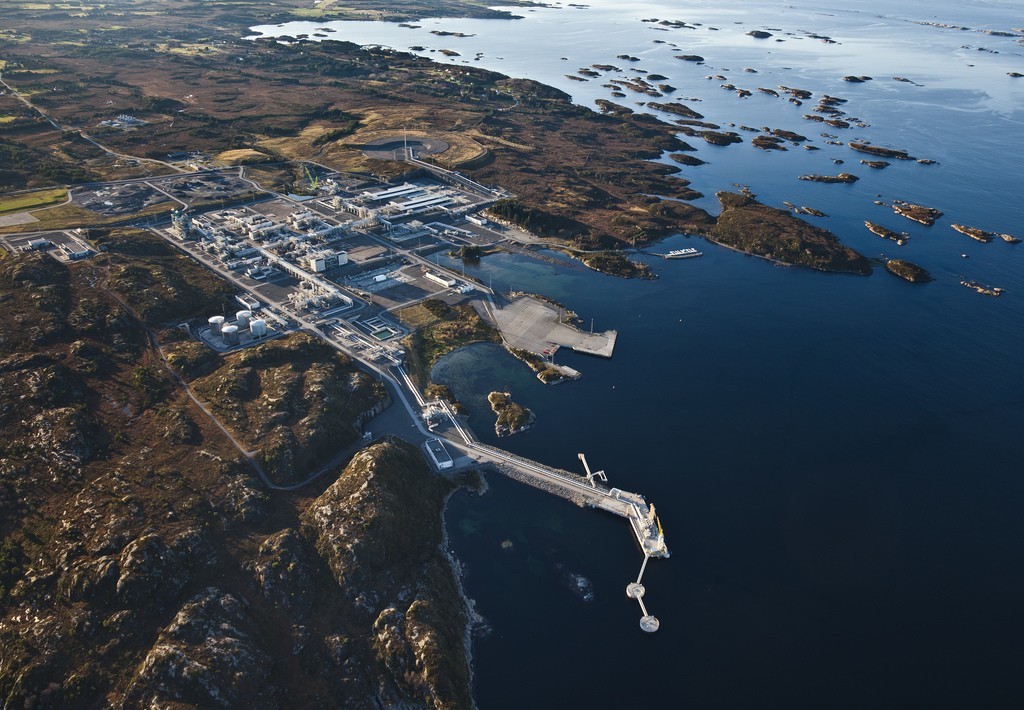
For the first time since the financial crisis, the Norwegian government’s oil company has seen no significant new plans presented for its offshore fields this year as producers cut spending after crude prices collapsed.
Petoro AS, which manages the state’s direct ownership in a third of the country’s oil and gas reserves, said operating companies have submitted no new proposals for projects that are valued at more than 1 billion kroner ($120 million) and include plans for a development-concept or investment decision.
“When you consider that the decisions we make this year are the ones that will generate income four to five years from now, it’s worrying,” Petoro Chief Executive Officer Grethe Moen said Thursday in an phone interview from Stavanger. “The issue is the consequence for production.”
Falling production from Petoro’s fields would deal another blow to the Norwegian state’s income from oil and gas after a more than 50 percent drop in crude prices over the past year. Western Europe’s biggest producer uses income from petroleum taxes, Petoro and Statoil ASA dividends to plug budget deficits, with the balance filling up the country’s $875 billion sovereign wealth fund, the world’s biggest.
Benchmark Brent crude declined 0.6 percent to $49.23 a barrel as of 1:50 p.m. in Oslo. The price has dropped almost 30 percent since a high in May.
Norway’s income from oil and gas is expected to drop by 27 percent to 251.6 billion kroner ($30.4 billion) this year, according to the government’s revised budget in May. The net cash flow from Petoro to the state dropped 14 percent in the first half of the year to 54.9 billion kroner, the company said in its second-quarter report Thursday.
Petoro doesn’t expect any of the field partnerships it participates in to submit more development plans this year beyond Maria and Shetland/Lista that were presented by Wintershall AG and Statoil in May and June, respectively, Moen said.
Norway’s Conservative-led government wants all profitable resources to be developed, Petroleum and Energy Minister Tord Lien said in an e-mail to Bloomberg Friday. At the same time, the oil industry must cut costs, a responsibility resting primarily on the companies, he said.
“The oil companies must take the long-term view and take measures that ensure profitable production and safe employment over time,” Lien said. “Efficiency improvement and cost control are essential.”
Oil companies operating in Norway are expected to cut investments by about 15 percent this year, the most since 2000, according to the Norwegian Petroleum Directorate. That’s already led producers and service providers to announce more than 22,000 jobs cuts since the beginning of last year and sent ripple effects through an economy that depends on oil and gas for about a fifth of gross domestic product.
The industry needs to improve efficiency even further and not rely exclusively on lower prices from hard-pressed offshore suppliers, Moen said.
“I’ll be satisfied when everyone working in the oil industry can say that they’re working more efficiently today than they did last year,” she said.
